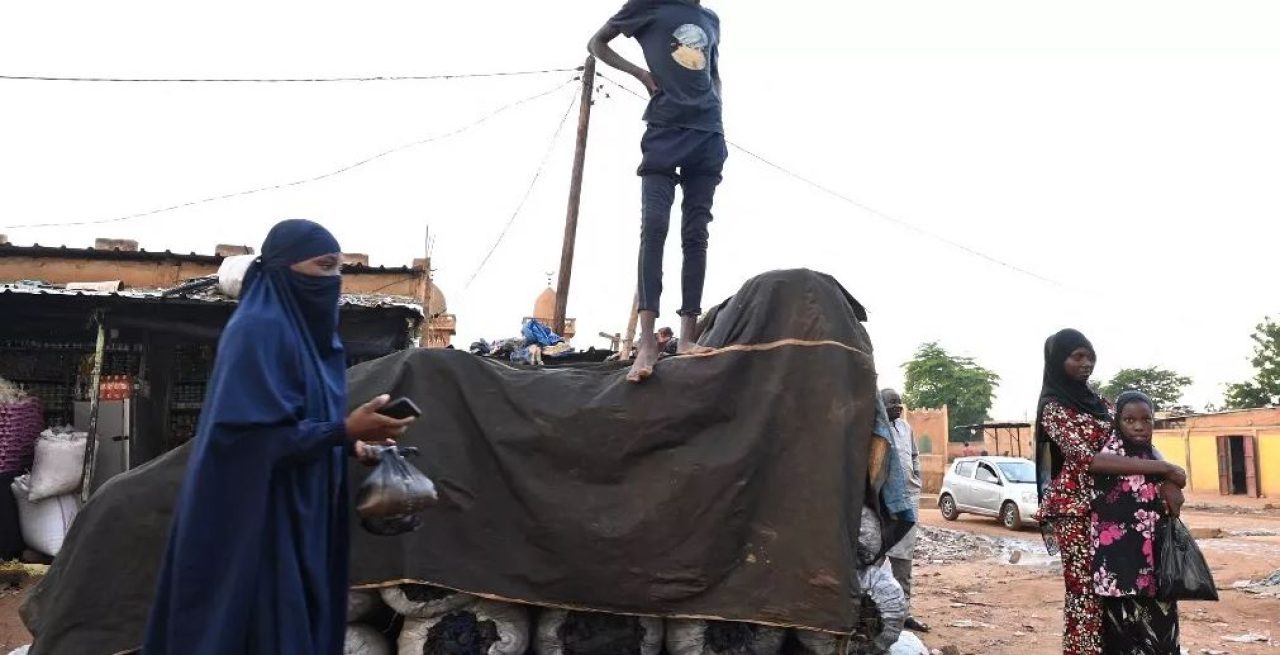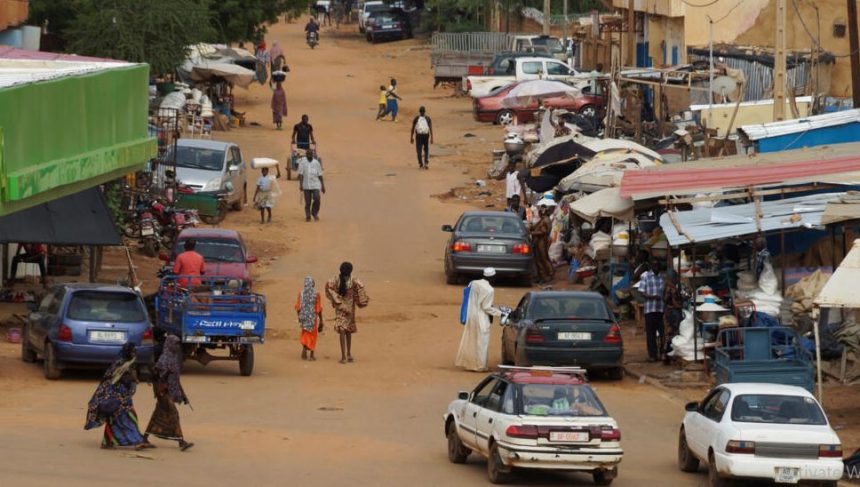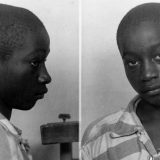Niger’s population are battling to survive on a daily basis amidst the country’s political instability.

Due to jihadist attacks, many people who fled their homes wound themselves in Niamey, the nation’s capital, where they are attempting to find food and employment.
Since mutinous soldiers deposed President Mohamed Bazoum in July and imprisoned him along with his wife and son, Niger has been in crisis.
Several displaced residents of the Tillaberi district claimed on Thursday that after fleeing violence and insecurity, life remained difficult.

“I’m tired, some days I can’t find food. Some days I can work and other days I can’t work,” said Awa Kaderi.
In the meantime, Daouda Mounkaila stated that he supported the military and prefered that ECOWAS refrain from military participation.
The president’s detention, according to Nigerien Party for Democracy and Socialism deputy secretary general Boubacar Sabo, affects more than only Niger.
“This is putting in question the democratic order in Western Africa and in Africa as a whole,” he said.

Niger’s coup was seen by the international community and ECOWAS as one too many and in addition to threatening a military invasion, the bloc has imposed severe economic and travel sanctions.
Awa Kaderi, displaced woman from Tillaberi region now living in the outskirts of Niamey:
“We fled insecurity to come here. We’re tired. Some days I find food, other days I don’t find food. I left my place of residence to come here, but until now, I’m tired, some days I can’t find food. Some days I can work and other days I can’t work.”





